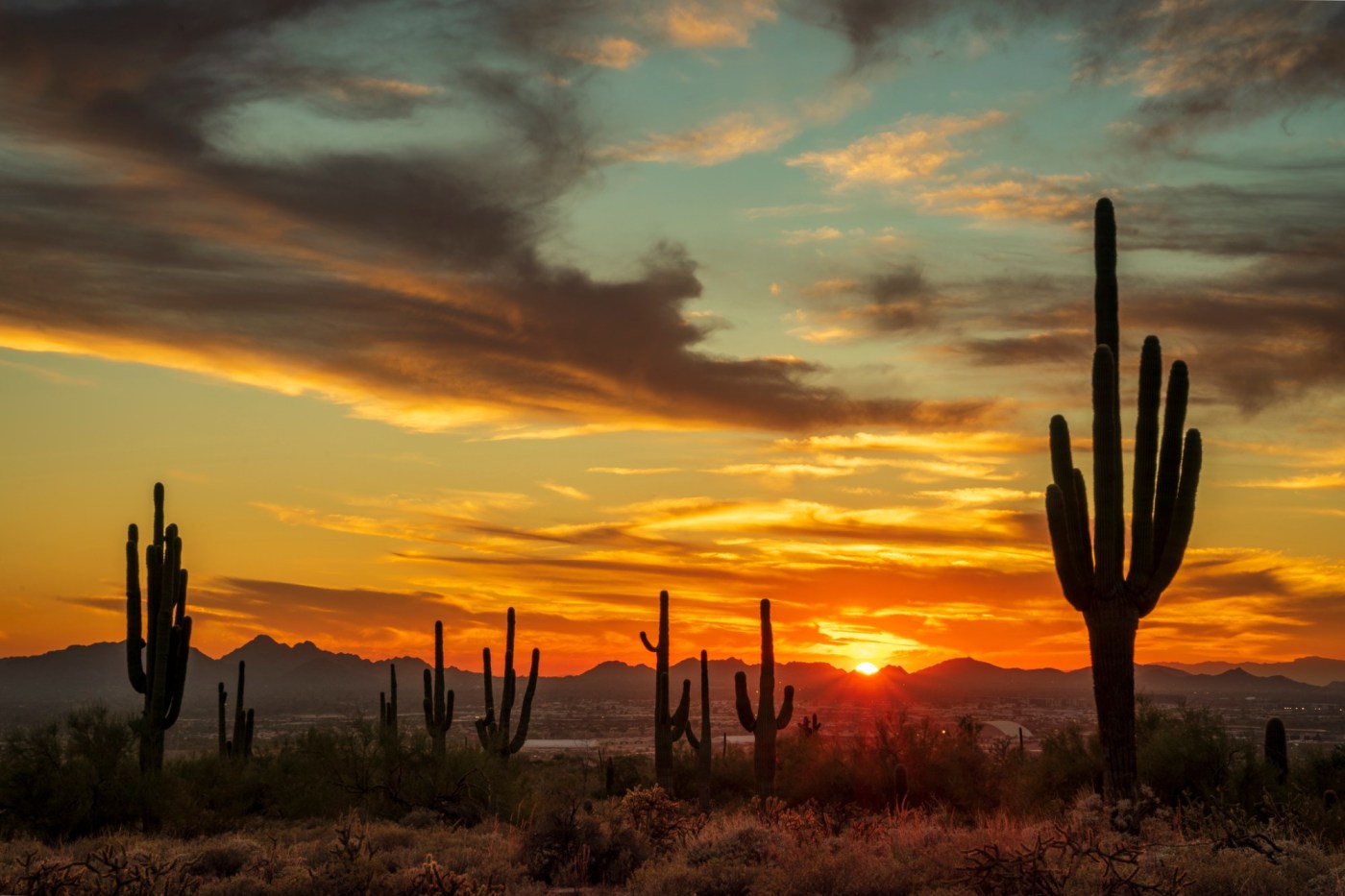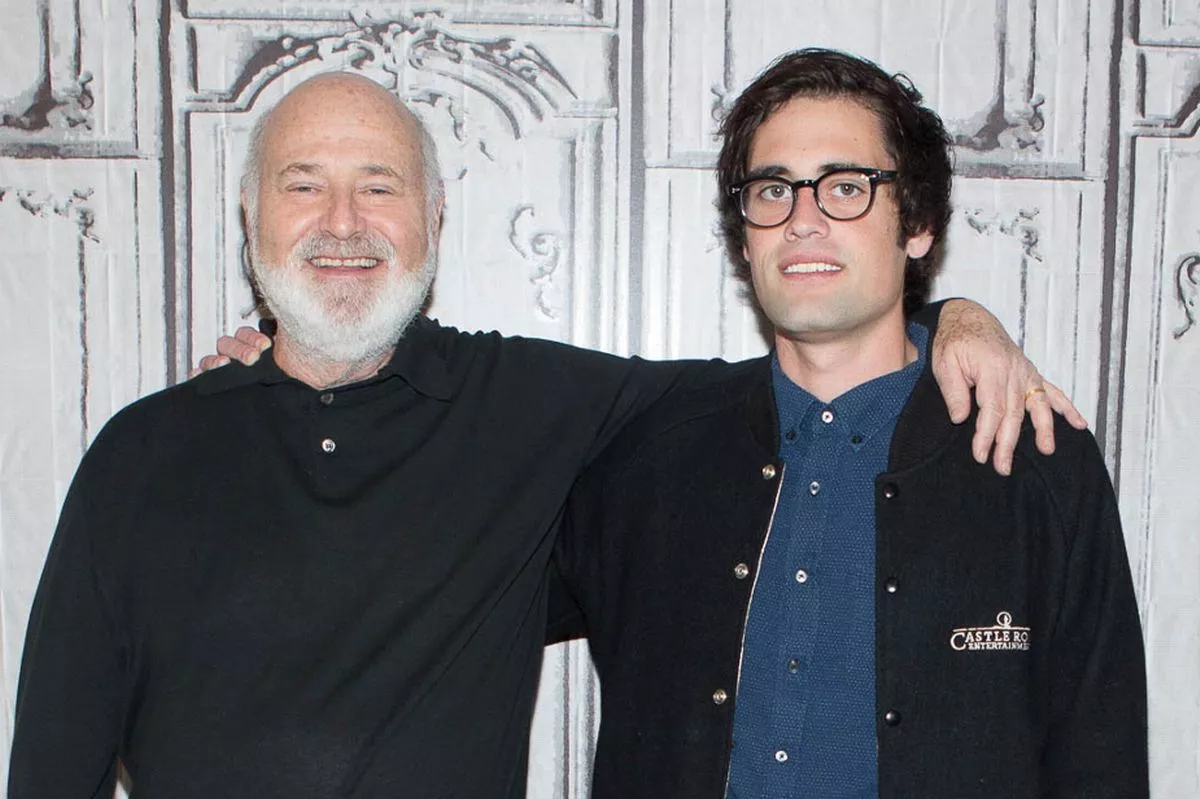A recent discussion at the Buffalo Bill Center in Cody, Wyoming, featured authors Paul Andrew Hutton and Peter Cozzens as they explored the complex narratives surrounding the American West. Hutton’s book, “Undiscovered Country: Triumph, Tragedy and the Shaping of the American West”, provides a comprehensive overview of the region’s history, while Cozzens’ “Deadwood: Gold, Guns and Greed in the American West” focuses on the specific struggles of a single town and its broader implications.
Both authors delve into the personal stories that illuminate the larger historical context. Hutton narrates the lives of significant figures such as Daniel Boone, Davy Crockett, and Sitting Bull, while Cozzens highlights personalities like Seth Bullock and Wild Bill Hickok. Their narratives offer a dual lens on the nation, emphasizing both triumph and tragedy in the development of American identity.
During their joint presentation, the authors discussed their motivations behind their works and the lessons they aim to convey about contemporary America. Hutton articulated that the story of the West is integral to understanding the nation’s identity, stating, “The story of the West is the story of America and the first great epic of American history.” He believes this history reveals both the achievements and the painful realities experienced by Native Americans and pioneers alike.
Cozzens, on the other hand, seeks to illustrate the consequences of unchecked ambition through the lens of Deadwood, noting that it serves as a microcosm for American behavior when greed overshadows morality. He remarked, “This is an opportunity for people to see how their fellow Americans behaved when their taste for profit-making was allowed to run rampant.”
The discussion raised questions about the current American identity and the legacy of Westward expansion. Hutton noted that while there is room for pride in the nation’s achievements, it must be tempered with an acknowledgment of the injustices faced by Native peoples. He expressed concern about the resurgence of terms like “manifest destiny” in political discourse, suggesting that such rhetoric can be misleading.
Cozzens echoed this sentiment, emphasizing the need to recognize the challenges faced by Native Americans during the gold rush. He remarked, “In Deadwood, they were all trespassers on land that had been granted to the Indians by treaty.” This perspective adds depth to the narrative by highlighting the complexities of American history.
As the conversation shifted to the cultural portrayal of historical figures, Cozzens suggested that while the television series “Deadwood” has popularized characters like Bullock and Al Swearengen, they do not carry the same weight in American history as figures like Boone and Crockett. He cautioned against assuming that the series encapsulates the entirety of the Western experience, stating, “For people to assume the show encapsulated what the entire West was like is a mistake.”
Hutton acknowledged the influence of contemporary media on public perception of Western history. He noted the ongoing popularity of Western-themed entertainment, such as “Yellowstone”, and its potential to spark interest in the historical narratives they explore. He believes that these stories can foster positivity in a society that could benefit from it.
In their concluding remarks, both authors underscored the importance of understanding the multifaceted history of the American West. Their works invite readers to grapple with the triumphs and tragedies that have shaped the nation, encouraging a more nuanced view of the past and its impact on contemporary society.





